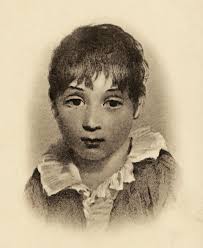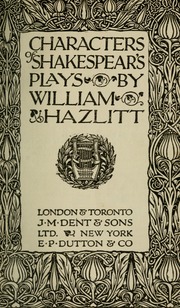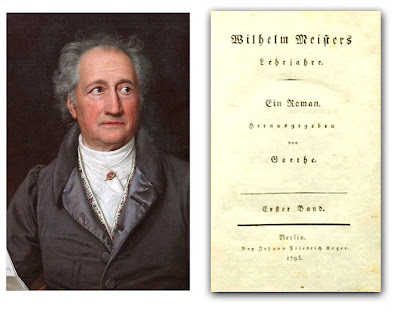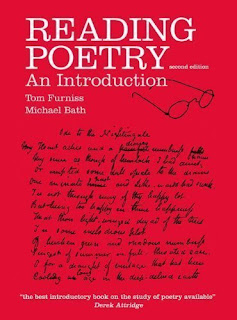Changing Interpretations Over Time: G H Lewes

I always like it when a man is introduced in reference to his more famous partner (though sadly it usually happens the other way round.) In this case, George Henry Lewes (1817-1878) is actually better known for being the partner or 'companion' of Mary Ann Evans - herself better known as George Eliot. By the time Eliot was writing, some female authors were being published under their own names but she chose to escape the stereotypes surrounding women's writing and its supposed limitations by choosing a male-sounding name. She also wished to have her fiction judged separately from her writing as an editor and literary critic. The magnificent Middlemarch is an epic summer holiday read if you need one. Martin Amis, eminent novelist in his own right, describes it as being 'the' novel of the 19th century ', and a group of international critics decided that it was the best novel of all time back in 2015. Quite a claim indeed. Anyway, I digress. We're...






